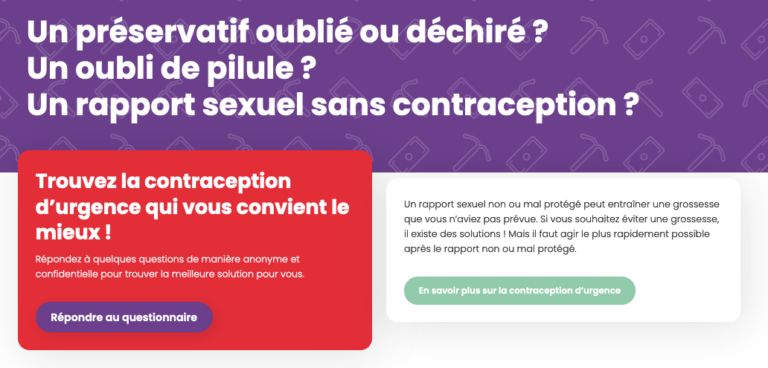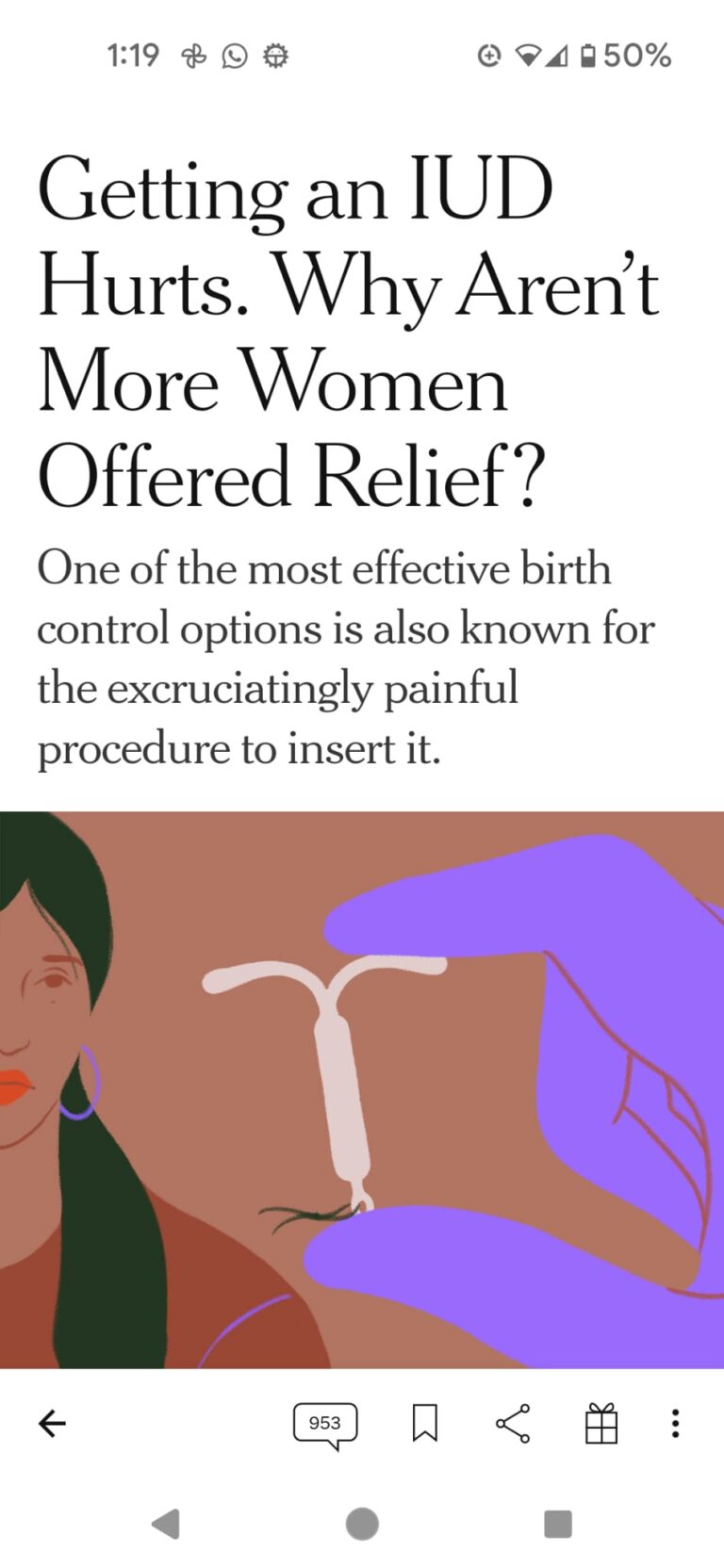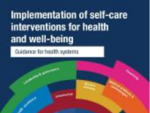Clinical Management of Rape and Intimate Partner Violence in Emergencies
October 2025. World Health Organization’s (WHO) toolkit on Clinical Management of Rape and Intimate Partner Violence in Emergencies: Training Curriculum for Health Workers and Facilitator Guide is now available in Arabic, French, and Spanish here.
Session 11, focused on clinical treatment and care for survivors of sexual assault, includes guidance on the provision of ulipristal acetate (UPA) and levonorgestrel (LNG) emergency contraception pills (ECPs).
Key messages include:
- Offer an ECP to all women who have been raped.
- ECPs are safe for girls and can be offered to those who have reached menarche, as well as those in the early stages of puberty (Tanner stage 2 or 3; see Job Aid 11a).
- There is no need to screen for health conditions or test for pregnancy before offering ECPs.
- Advise to return if the next menstrual period is more than one week late.
- ECPs can be offered up to five days after sexual assault.
- Spotting or light bleeding a few days after using ECPs is normal.
- ECPs can be taken at the same time as antibiotics for STIs and PEP for HIV prevention.



